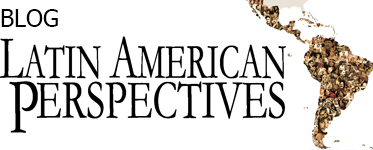Employers’ Organizations and Quarantine Policies in Ibero-America: A Brief Reflection on the Chilean and Spanish Case
May 20, 2020 | By Alejandro Osorio Rauld and José Reig Cuañes The Covid-19 pandemic has tested the strength, logistics, and leadership of states around the world. In order to face the health emergency, the governments have had to implement several degrees of confinement and “social distancing” that, lately, have saved millions of lives, albeit at a very high cost in terms of economic activity The debate on the appropriate harmony between health protection and economic safeguard allows us to analyze an interesting aspect of political systems: the relationship between business elites and State power. Most of the policies that the pandemic has faced have been legitimized by the intervention of validated actors such as experts, technicians, advisers and also politicians of different persuasions. Their advice has contributed to protect citizens from what in biopolitical terms we could call a “letting die”, which was the dominant choice at first in several of the countries with leaders fit in with the commonly named “conservative populism” (USA, Brazil, UK). However, other social groups attempt to influence State decisions: this is the case of business elites and their organizations, acting as “pressure groups” that mobilize powerful resources in favor of their interests. Indeed, although the [...]



